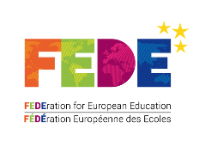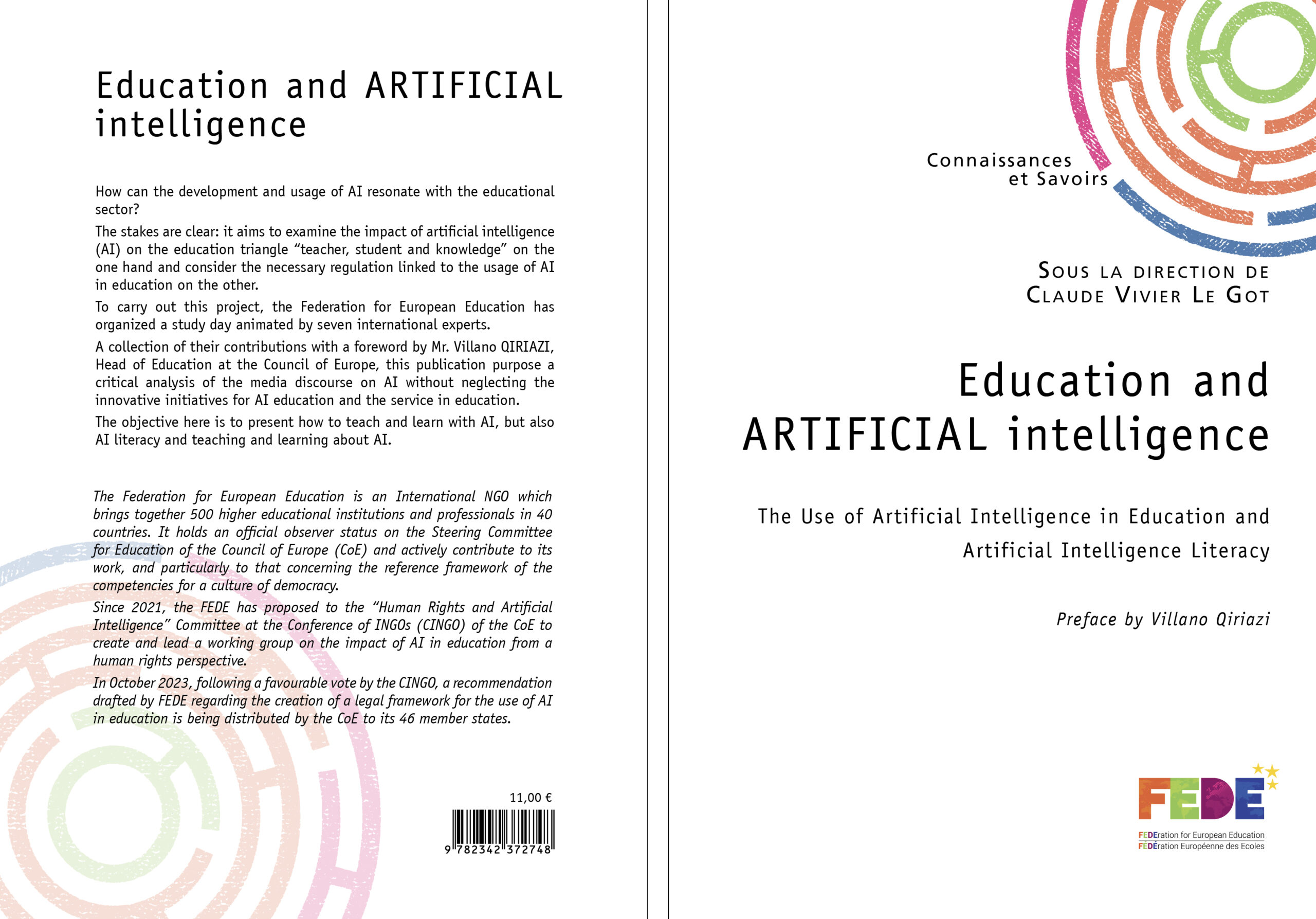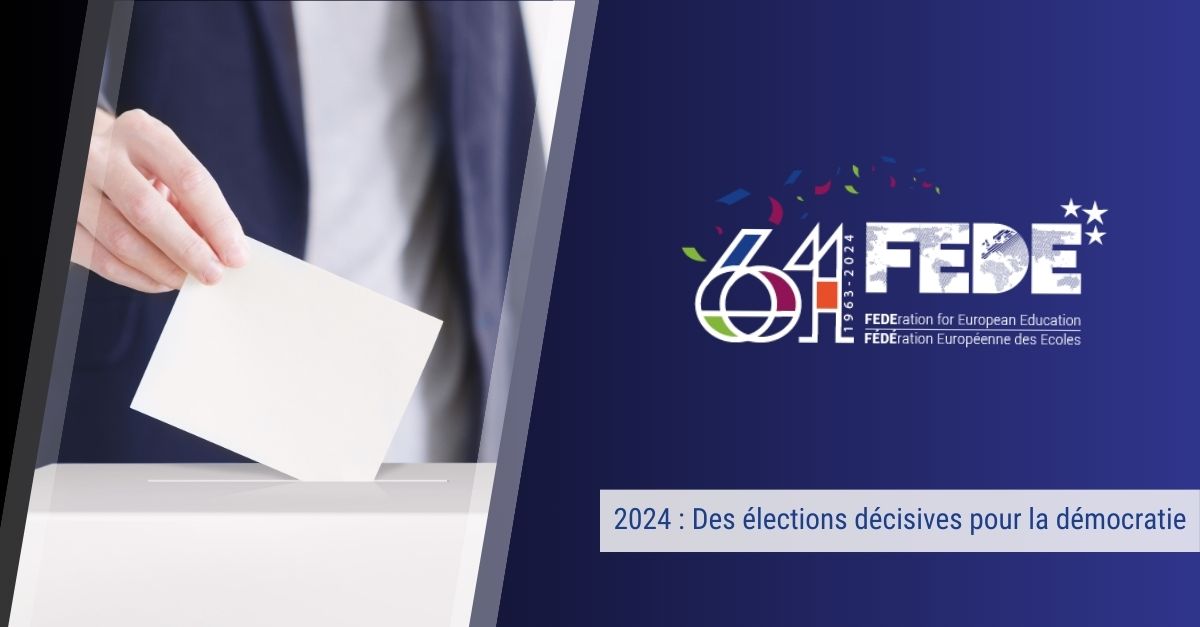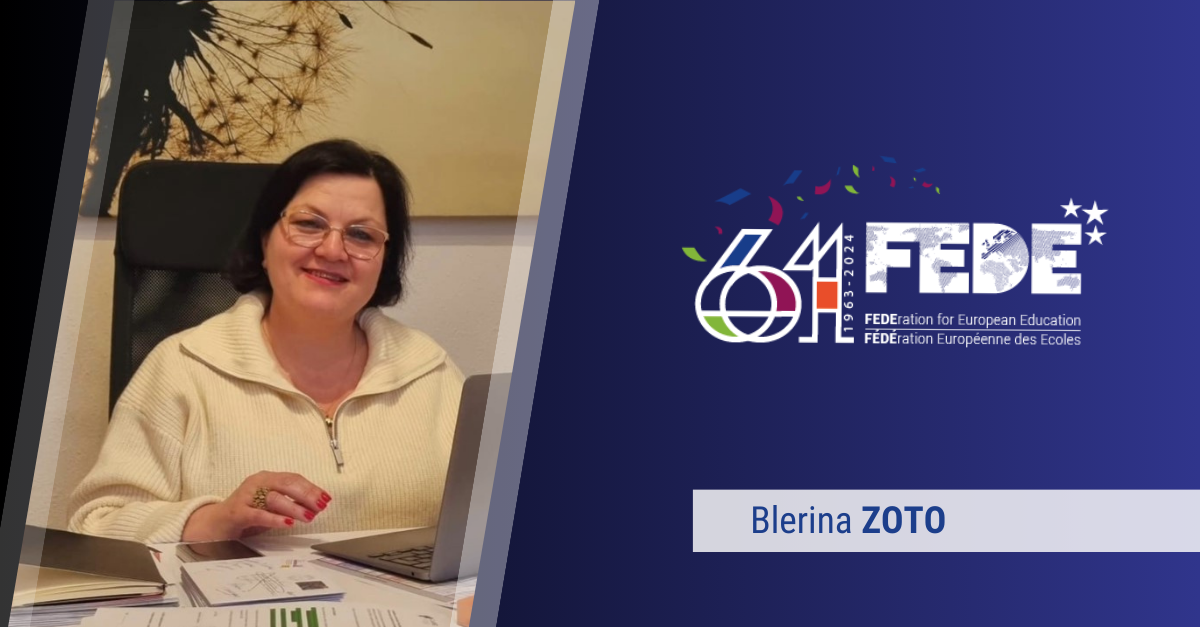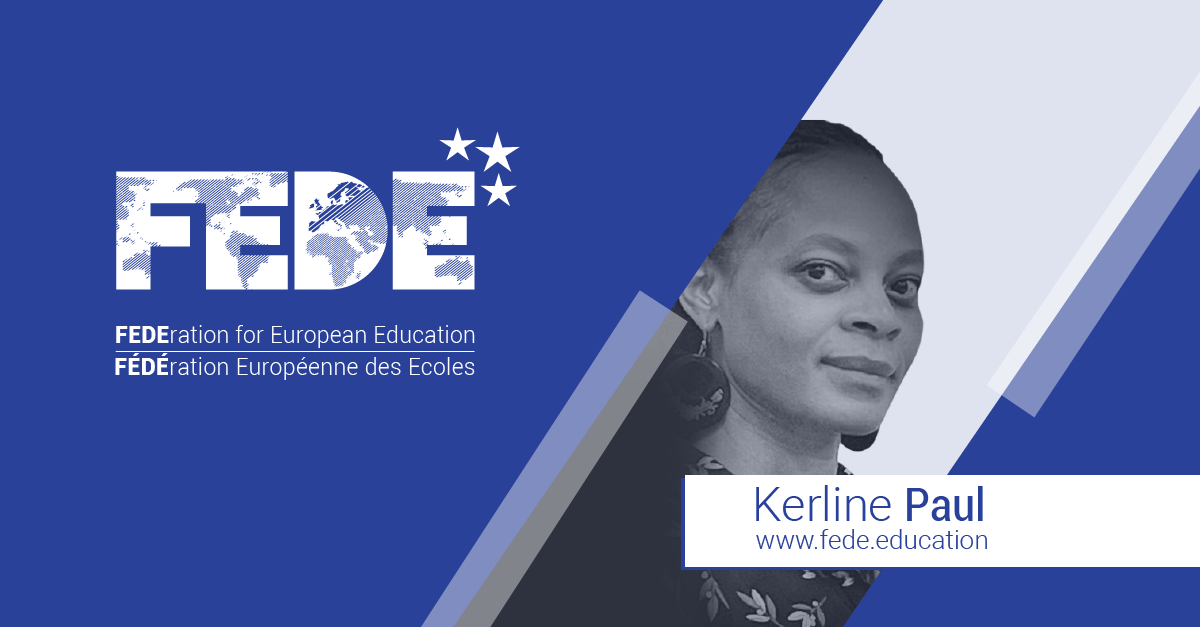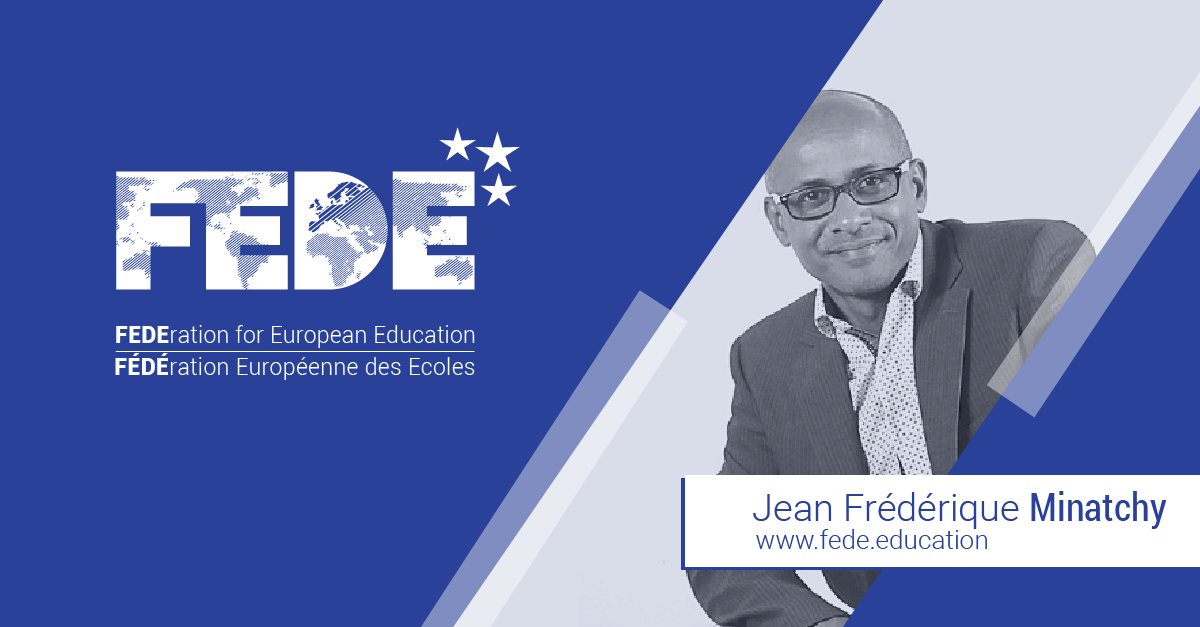EDUCATION AND ARTIFICIAL INTELLIGENCE
How can the development and usage of AI resonate with the educational sector?
The stakes are clear: it aims to examine the impact of artificial intelligence (AI) on the education triangle “teacher, student and knowledge” on the one hand and consider the necessary regulation linked to the usage of AI in education on the other.
To carry out this project, the Federation for European Education has organized a study day animated by seven international experts.
A collection of their contributions with a foreword by Mr. Villano QIRIAZI, Head of Education at the Council of Europe, this publication purpose a critical analysis of the media discourse on AI without neglecting the innovative initiatives for AI education and the service in education.
The objective here is to present how to teach and learn with AI, but also AI literacy and teaching and learning about AI.
Preface by Villano Qiriazi, Head of Education at the Council of Europe.
True to its educational vocation, the FEDE intends to demonstrate through the publication of this book that education and seduction are words that pair up very well.
Contents
Preface by Villano Qiriazi
Forewords
Introduction
Part 1: Ethics, Human rights and democracy
The links between AI and education: issues and challenges relating to the generalisation of AI
The Council of Europe’s (CoE’s) AI and digital citizenship education programmes: a policy position 25
On the added value of increasing classroom use of AI tools
Part 2: Perpectives from the scientific research
From digital twins of living systems in healthcare to hypothetical digital twins of cognitive learning processes
Part 3: In the field
The shortage of qualified labour for AI in European telecom companies: a delicate matter
Stocktaking of AI acculturation and AI pedagogy
Conclusion
Annex
The co-authors:
2024: Decisive elections for democracy
The year 2024 promises to be a period of electoral density unequalled since universal suffrage was first introduced in 1792 by a pioneering country, France, at a time when only men had the right [lire plus]
Women’s Day: Challenges for 2024 – Meeting with Blerina Zoto
To mark the 61st anniversary of the FEDE and International Women’s Day on March 2024, we had the privilege of meeting Blerina Zoto, member of the FEDE Executive Board. An Albanian-Swiss diplomat, human [lire plus]
Kerline Paul: ‘Boosting the identity and reputation of solidarity-based economics’
Kerline Paul has worked as a bilingual executive assistant for over 20 years. In preparing meetings and files, in organising seminars and training courses, and in managing customers, she has honed her capacity for [lire plus]
Jean Frederic Minatchy wants to find a fruitful, human way to manage
In 2012, Jean Frédéric Minatchy set up a firm specialised in training (coaching and professional mentoring). He has also continued his career as a teacher, lecturing at Néoma Business School and the Université de [lire plus]
